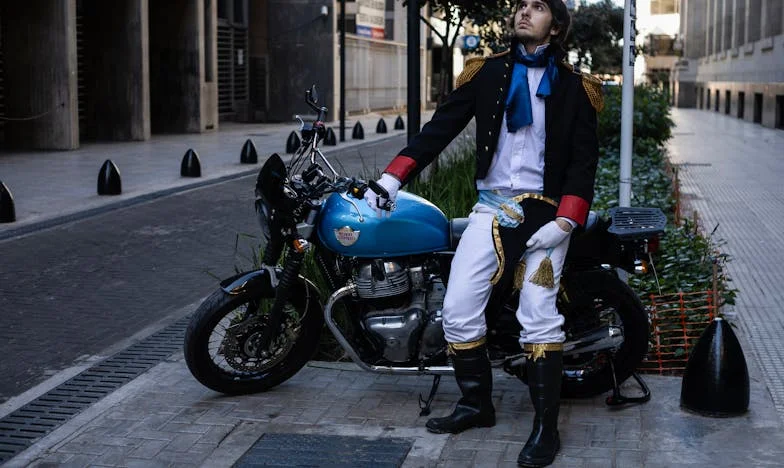Only When the Storm Hit: Realizing Too Late How Much I Loved Him
“I don’t want you to see me like this, Anna,” David whispered, his voice trembling as the nurse adjusted the IV in his arm. The hospital room hummed with the sterile chill of machines and distant footsteps. My throat tightened. I reached for his hand, but he turned away, eyes fixed on the gray squares of ceiling tile.
All I could think was: How did we end up here?
It feels like just yesterday I was standing on the courthouse steps, diploma in hand, grinning beside my parents. I was twenty-five, ambitious, and the world was mine. I had a job offer at a law firm in downtown Chicago, and I was fiercely proud—of my intellect, my looks, my independence.
David was the safe choice. He was quiet, gentle, a kindergarten teacher who wore the same cozy sweaters all winter. My friends said, “You could do better,” and sometimes I wondered if they were right. We married in a rush, the kind you make when you’re young and everything feels possible, but part of me always thought I could have chosen someone more exciting, more ambitious.
For years, my career came first. I worked late nights, taking on extra cases and chasing promotions. David made dinner, watered the plants, and left little notes in my briefcase. “Don’t forget to eat lunch,” he’d write in his crooked handwriting. I would roll my eyes and toss the notes without reading them twice.
We drifted. I missed birthdays, anniversaries, and movie nights. He never complained, just smiled that tired smile and said, “You’re working hard. I’m proud of you.” I told myself that was enough.
Until the day he collapsed in our kitchen, shattering the mug he’d just filled for me. The diagnosis was swift and brutal: acute leukemia. I blinked at the doctor as if he were speaking a foreign language. “He needs treatment immediately. His immune system is very weak.”
The world stopped moving. Suddenly, the only thing that mattered was the man I’d taken for granted—the man lying in a hospital bed, pale and shivering, who still worried more about how I was coping than about himself.
The nights at the hospital blurred together. I watched him lose weight, hair, hope. I listened to his breathing, shallow and uneven. I remembered all the times I’d brushed off his attempts to talk, to connect. I thought of the dinners I skipped, the vacations I canceled for work, the way I’d stopped holding his hand in public.
One night, while rain pounded on the window, David looked at me, eyes glassy with fever. “Anna, did I make you happy?”
I wanted to lie, to say all the right things, but what came out was a sob. “I’m sorry, David. I’m so, so sorry. I never realized how much I needed you until now.”
He squeezed my hand. “You don’t have to be sorry. Just…be here now.”
His parents visited from Ohio, their faces etched with worry. My mother called, voice clipped and anxious. “You can’t put your career on hold forever, Anna. What about your partnership track?”
I hung up on her. For the first time, work felt meaningless. My world had shrunk to a single room, a single heartbeat I prayed would not stop.
One day, his sister, Emily, cornered me in the hallway. “You know, he always said you were his hero. Even when you were too busy for him. He loves you that much.”
Guilt gnawed at me. I thought of the man I’d married—the man who made me tea when I was sick, who danced with me in the kitchen to old Motown songs, who forgave every slight and never asked for anything in return.
Chemo was hell. David vomited until he couldn’t stand. He bruised easily, his skin turning to parchment. I read to him when he was too weak to speak. Sometimes I just held his hand, trying to pour all my love into him through my trembling fingers.
One night, as I watched the monitors beeping in the dark, I whispered, “Please don’t leave me. I know I don’t deserve you, but I love you. I love you more than anything.”
He opened his eyes and gave me a small, crooked smile. “You finally figured it out, huh?”
I laughed through tears. “Yeah. I did. Too late, maybe.”
David survived the worst. He came home, fragile but alive. The first thing he did was cook me breakfast, eggs over easy just the way I liked. I sat at the table and cried because I didn’t know how else to say thank you for loving me when I barely noticed him.
Now, every morning I wake up and watch him breathe, grateful for another day. I quit my job. I teach at the community college, something slower, gentler. We go for walks, hold hands, and talk about everything. I keep every note he writes.
Sometimes I wonder why it took a crisis for me to see what I had. Why are we so blind to the people who love us most? Why do we only wake up when the storm hits, when it’s almost too late?
If you’re reading this, tell me: have you ever realized too late how much someone means to you?
